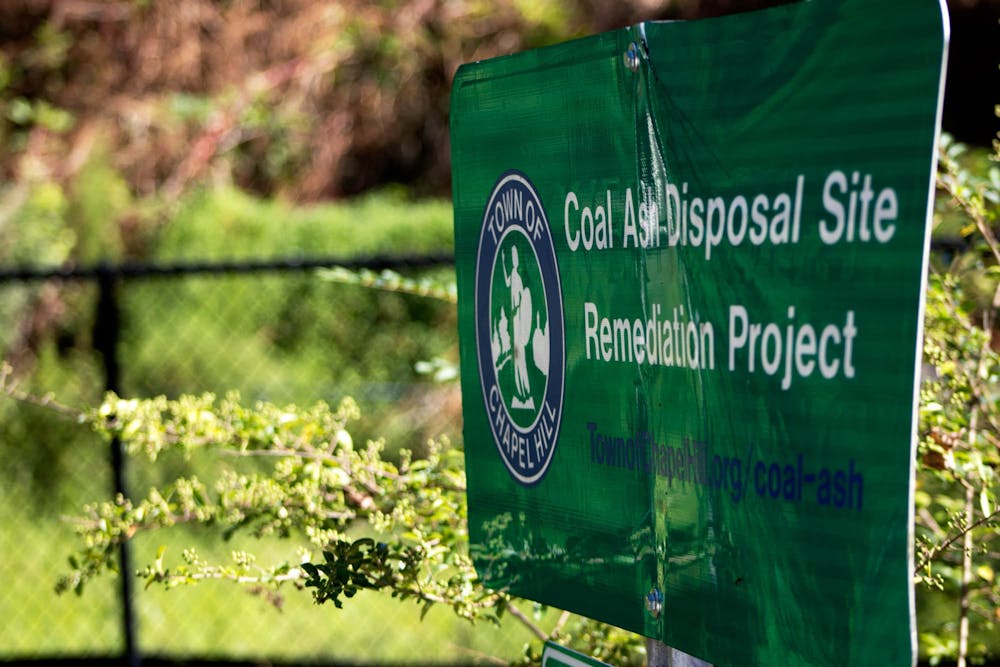Though the bill was vetoed by Cooper in June, this decision was overturned by the General Assembly four days later. Cooper’s veto message stated that the weakened wetlands protections would worsen flooding, especially in the eastern part of the state.
“This bill reverses our progress and leaves the state vulnerable without vital flood mitigation and water purification tools,” he wrote.
H.B. 720 and H.B. 801
On April 18, North Carolina representatives filed House Bill 720, establishing a state goal to rely completely on renewable energy by 2050. This bill stalled and never reached the floor. Another bill filed the same day, House Bill 801, which would have reinstated a solar energy tax credit, was not debated.
N.C. Rep. Allen Buansi (D-Orange) said that House Democrats are trying their best to serve everybody while protecting the environment.
“We have a number of measures that unfortunately were never heard, but certainly not for lack of trying,” he said.
State budget
The new state budget, passed in September, contains many provisions that impact environmental policy. One provision prohibits local governments from banning the use of — or enacting fees on — plastic bags.
Another provision prevents North Carolina from joining the Regional Greenhouse Gas Initiative, which aims to “reduce power sector CO2 emissions.”
Mary Maclean Asbill, the director of the Southern Environmental Law Center’s North Carolina Offices, said that many environmentally damaging provisions were quietly added to the budget, which ultimately has to pass eventually.
“Everybody’s gotta vote for the budget, so it’s sneaky,” she said.
Local environmental changes
To get the day's news and headlines in your inbox each morning, sign up for our email newsletters.
In 2023, the federal government faced pressure from organizations like the Center for Biological Diversity to add Chapel Hill’s coal ash dump to the list of Superfund programs, which was established in 1980 and aims to clean up hazardous and contaminated sites.
A study conducted in 2022 determined that, along a portion of Bolin Creek in Chapel Hill, concentrations of toxic metals are up 10-30 times higher than the relative baseline concentrations of North Carolina’s soil.
“Most of the coal ash that is stored in places that could be dangerous is being moved into blind landfills, but that's a multi-year process,” Meyer said. “There is of course, still coal ash being generated by every coal-burning power plant in the state, including UNC’s own coal-burning power plant.”
He said coal ash continues to be an environmental challenge, but that the state at least has a system to manage it.
OWASA continues to test for harmful — and possibly carcinogenic — PFAS in local water. They will also be upgrading their water treatment plant over the next five years.
“Don't give up hope," Asbill said. "Know that the environmental community, both lawyers and non-lawyers, are not giving up and we are getting creative, and we're gonna think about other ways to protect the environment."
@LolaOliverio
@DTHCityState | city@dailytarheel.com




